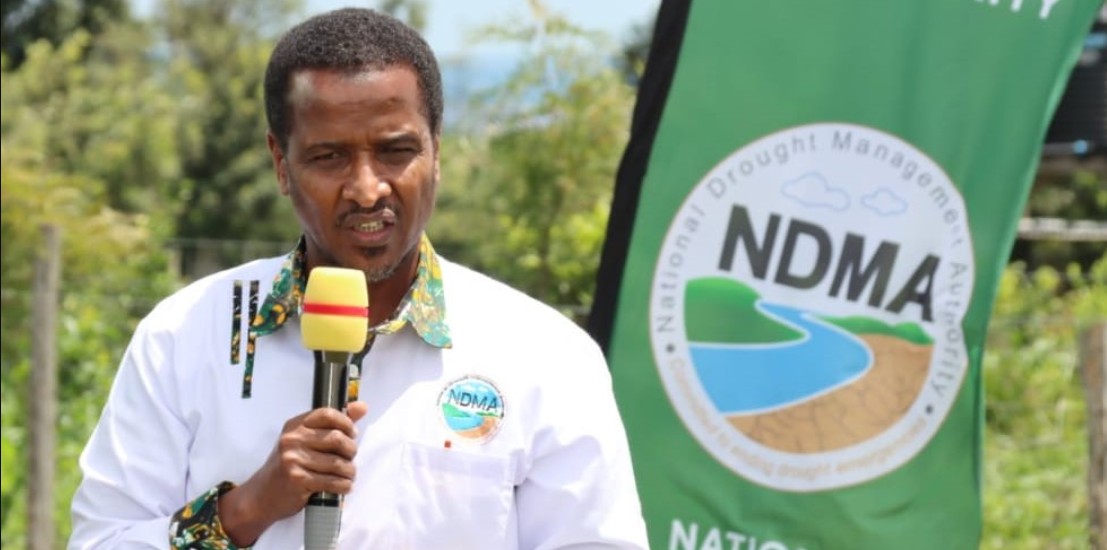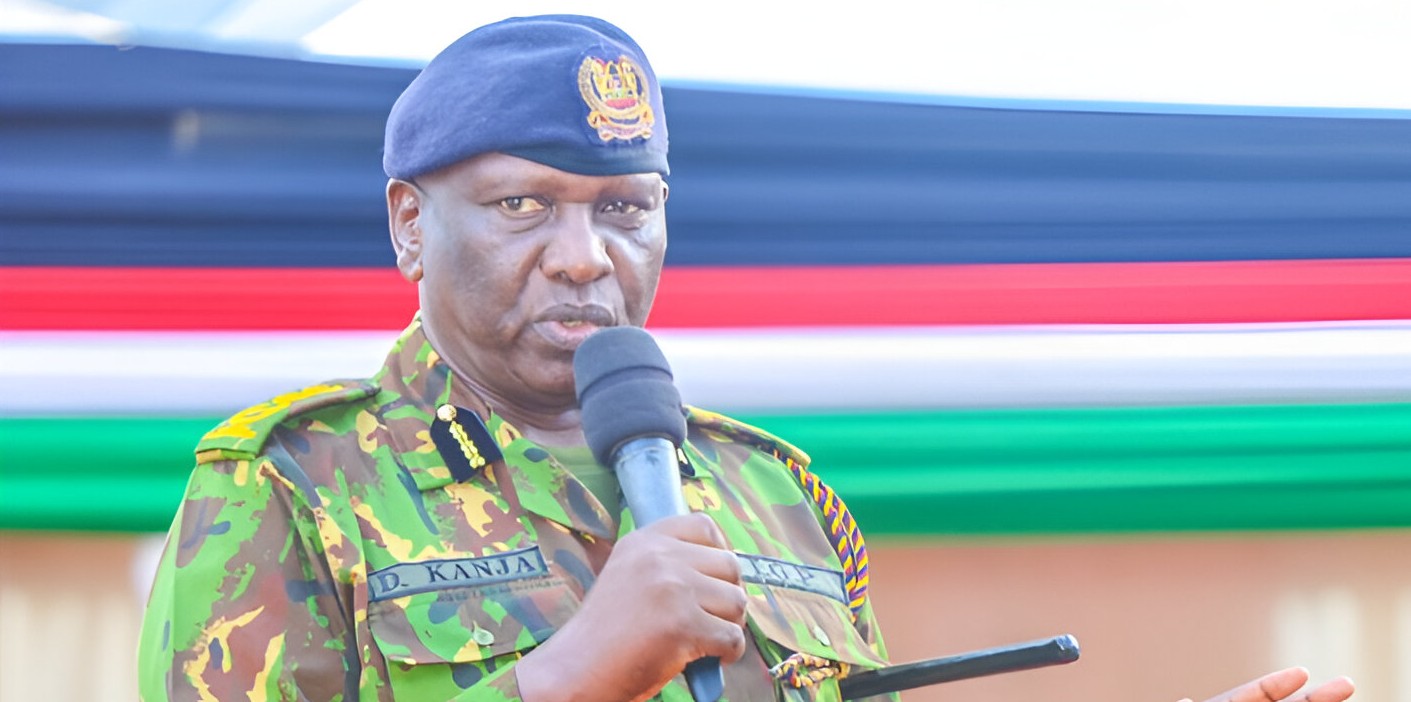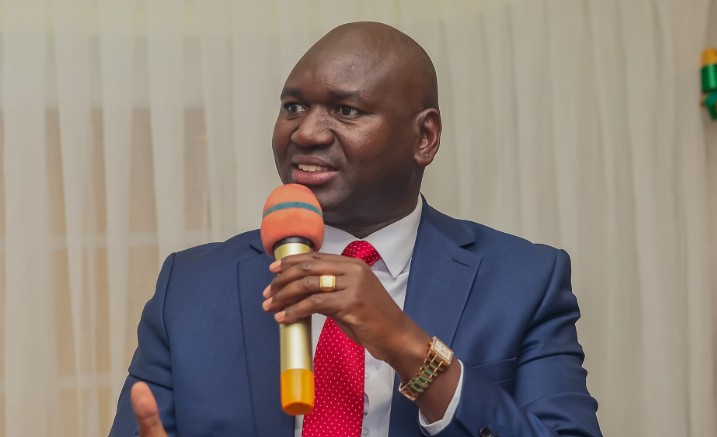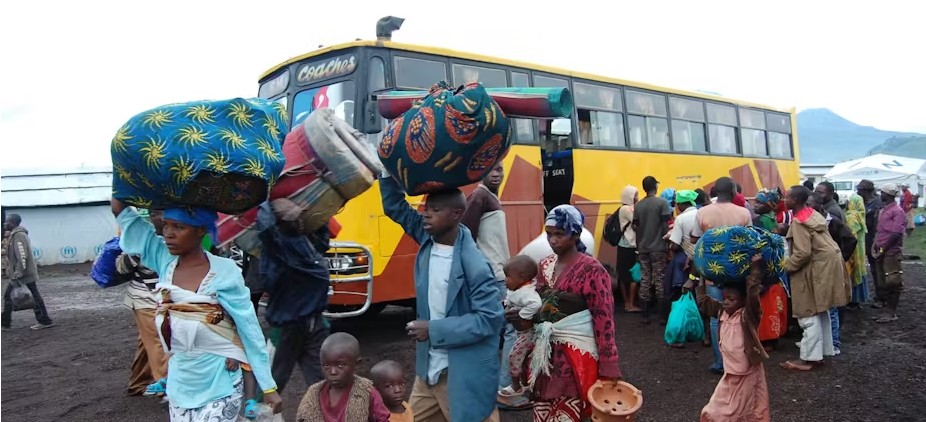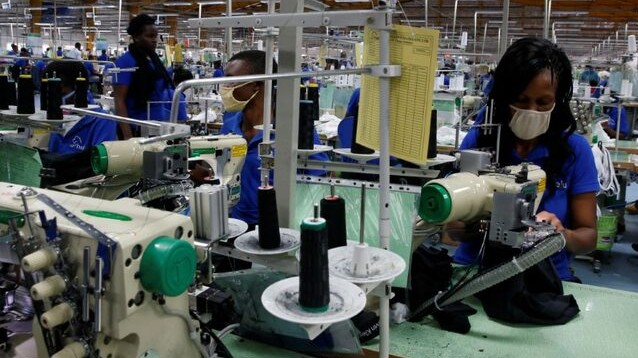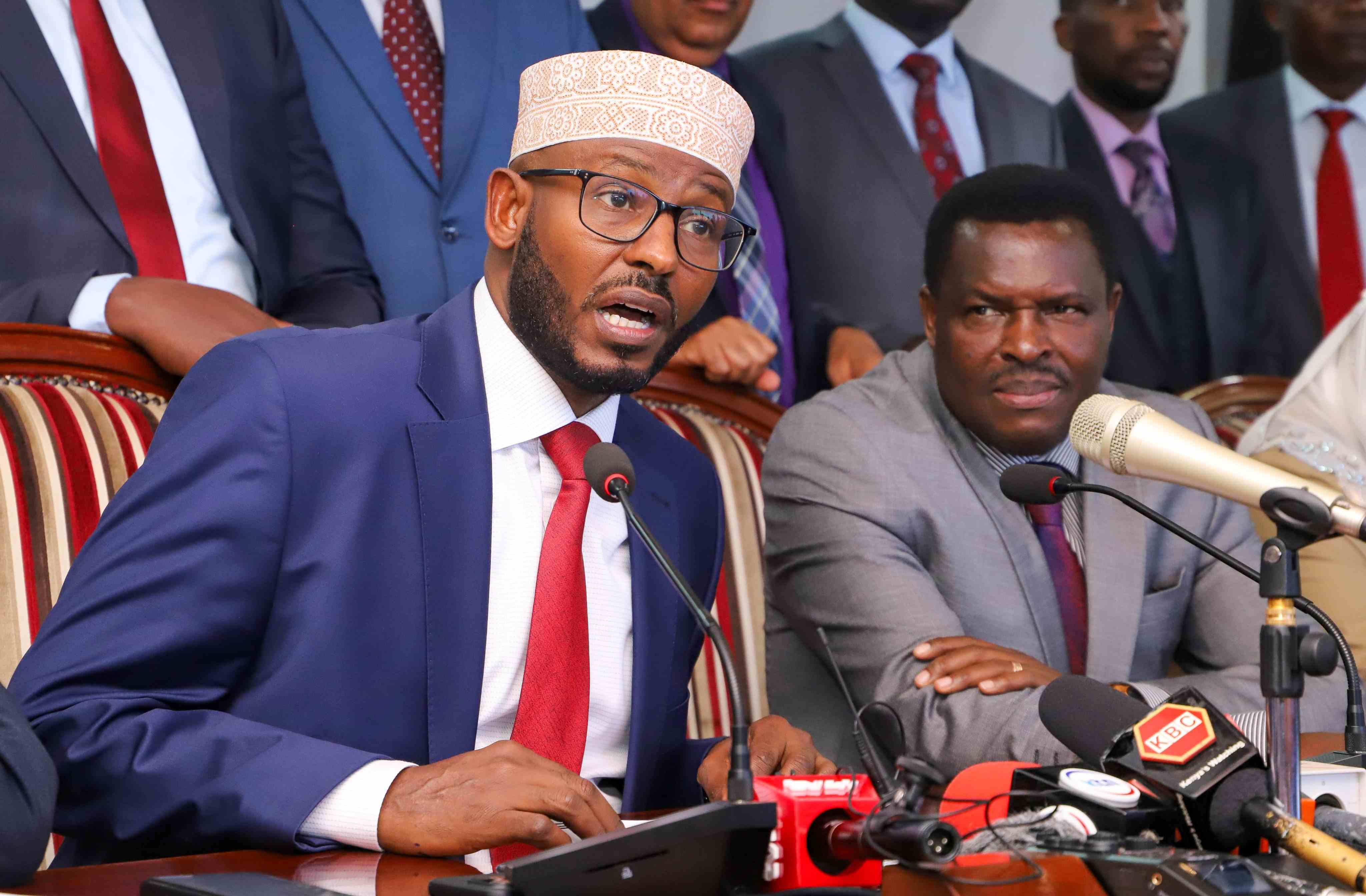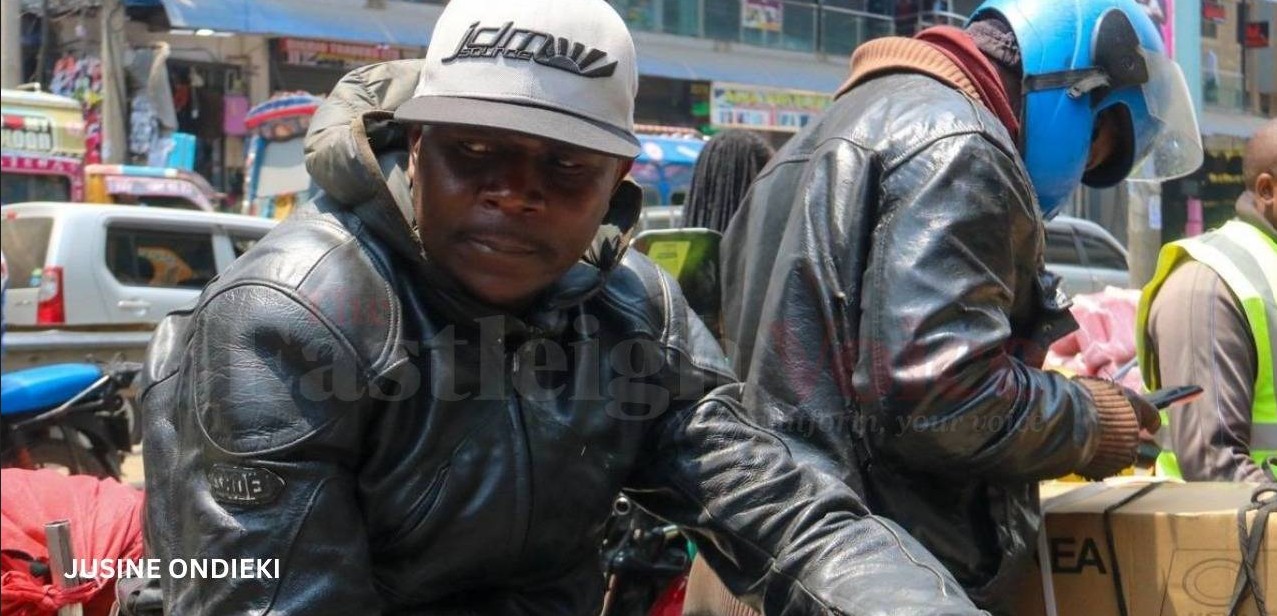Mombasa residents demand progress on Sh1.4bn Liwatoni Fisheries Complex
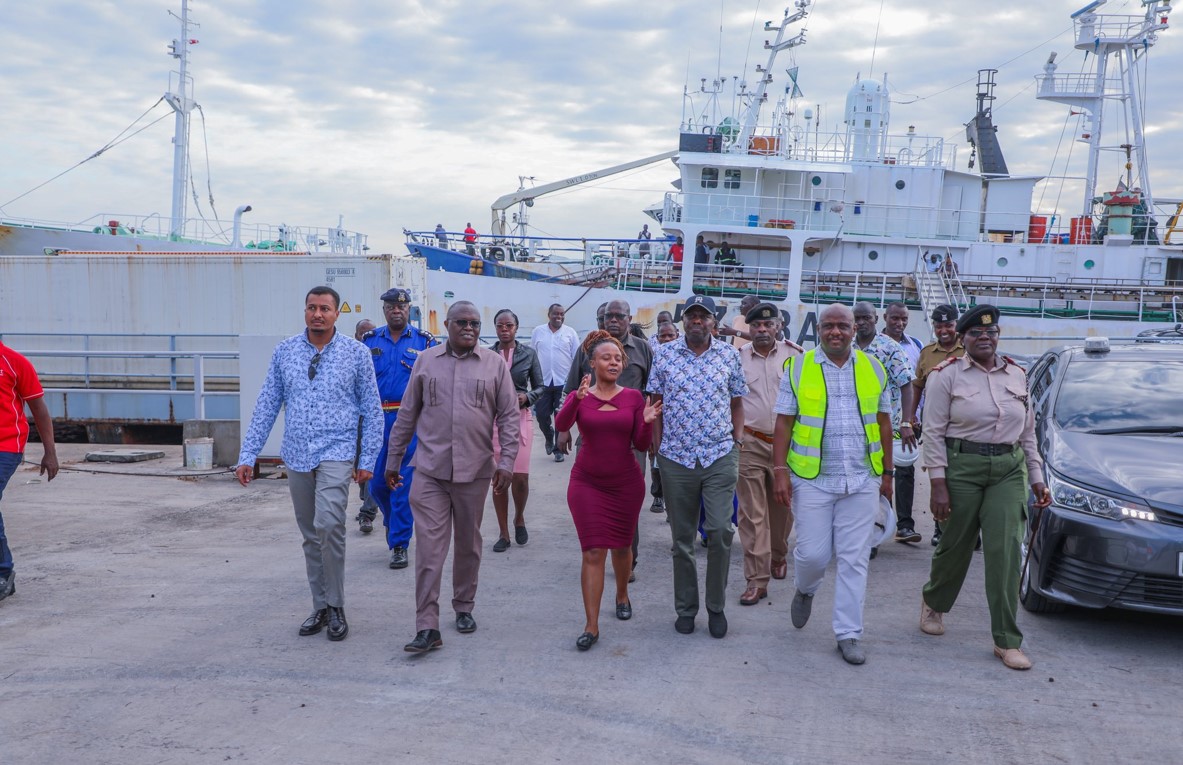
The project was initially launched and gazetted as Kenya’s first fishing port in 2018.
Residents of Mombasa are growing increasingly frustrated with the delays surrounding the completion of the Sh1.4 billion Liwatoni Fisheries Complex, a project that was initially launched and gazetted as Kenya’s first fishing port in 2018.
The complex, which is expected to create thousands of jobs for locals, remains incomplete, despite promises and significant government investment.
More To Read
The Liwatoni Fisheries Complex was envisioned as a centralised facility for the storage and processing of fish, designed to harness Kenya’s vast potential in the blue economy sector.
The project was also expected to be a major job creator in the coastal region, with the government announcing last year that 3,000 jobs would be created once the facility became operational.
However, six years after the groundbreaking ceremony, the project’s completion remains elusive. Construction work resumed in 2023 after a series of delays, but progress has been slow.
The first phase of the project, which is crucial to its operation, was initially scheduled for completion by December 2023, but doubts have been raised following the lapse of the deadline.
Inspecting the facility on August 24, 2023, former Cabinet Secretary for Blue Economy Salim Mvurya highlighted the project’s potential, stating that once operational, the Liwatoni Fisheries Complex would have the capacity to process 1,000 tonnes of fish in one segment. Yet, despite these assurances, the project’s completion has been hampered by a lack of funds and other logistical challenges.
Local residents, who had pinned their hopes on the completion of the complex, are now calling on the government to provide a clear status update and to expedite the completion of the project. They argue that the facility is vital for job creation and economic development in the region.
 The Sh1.9 billion Liwatoni Floating Bridge in Likoni, Mombasa. (Photo: PCS)
The Sh1.9 billion Liwatoni Floating Bridge in Likoni, Mombasa. (Photo: PCS)The Sh1.9 billion Liwatoni Floating Bridge in Likoni, Mombasa. (Photo: PCS)
Frustrations
Shafi Ali, a fisherman from the Likoni area, expressed his frustration with the situation.
“We have waited for too long. When this project was announced, we were told it would create thousands of jobs for people like me. But years later, nothing has happened. The government needs to stop making empty promises and finish what it started. We are tired of waiting,” he said.
Shafi’s sentiments are echoed by many others in the community, who feel let down by the slow progress.
Halima Mohamed, a small-scale trader in Mombasa, spoke about the impact the delays have had on local businesses.
“The Liwatoni Fisheries Complex was supposed to bring more business to this area. We were looking forward to supplying the workers and the fishermen with goods and services. But without the complex being operational, we are struggling. It’s not just about jobs, it is about the entire economy of Mombasa,” she said.
The delays have also been a source of concern for local leaders.
Likoni Member of Parliament Mishi Mboko recently raised the issue in Parliament, calling for transparency regarding the status of the project.
“I rise to request a statement from the chairperson of the Departmental Committee on Blue Economy, Water, and Irrigation regarding the status of the operationalisation of the Liwatoni Fishery Complex,” Mboko said.
She called for an overview of the progress of construction, the estimated completion date, and the timeline for operationalisation.
Mboko also demanded to know the level of stakeholder engagement and the steps being taken by the Ministry of Mining, Blue Economy, and Maritime Affairs to address any regulatory and compliance challenges that may be hindering the project.
The government has so far channelled Sh1.49 billion into the first phase of the Liwatoni Fisheries Ecosystem to complete construction and enable the start of processing operations. An additional Sh200 million was recently allocated, with another Sh5 million expected to be authorised soon.
The government has also outlined plans to use by-products from the plant as fertiliser and in aquaculture at the Kibonyo fish farm.
Despite these efforts, residents are sceptical about whether the promised benefits will materialize.
“We hear about millions being spent, but we don’t see the results. Our young people need jobs, and this project is supposed to provide them. But every year, it is the same story of more delays and more promises. We need action, not words,” Ali Abdallah, a youth leader in the Old Town area said.
Top Stories Today
